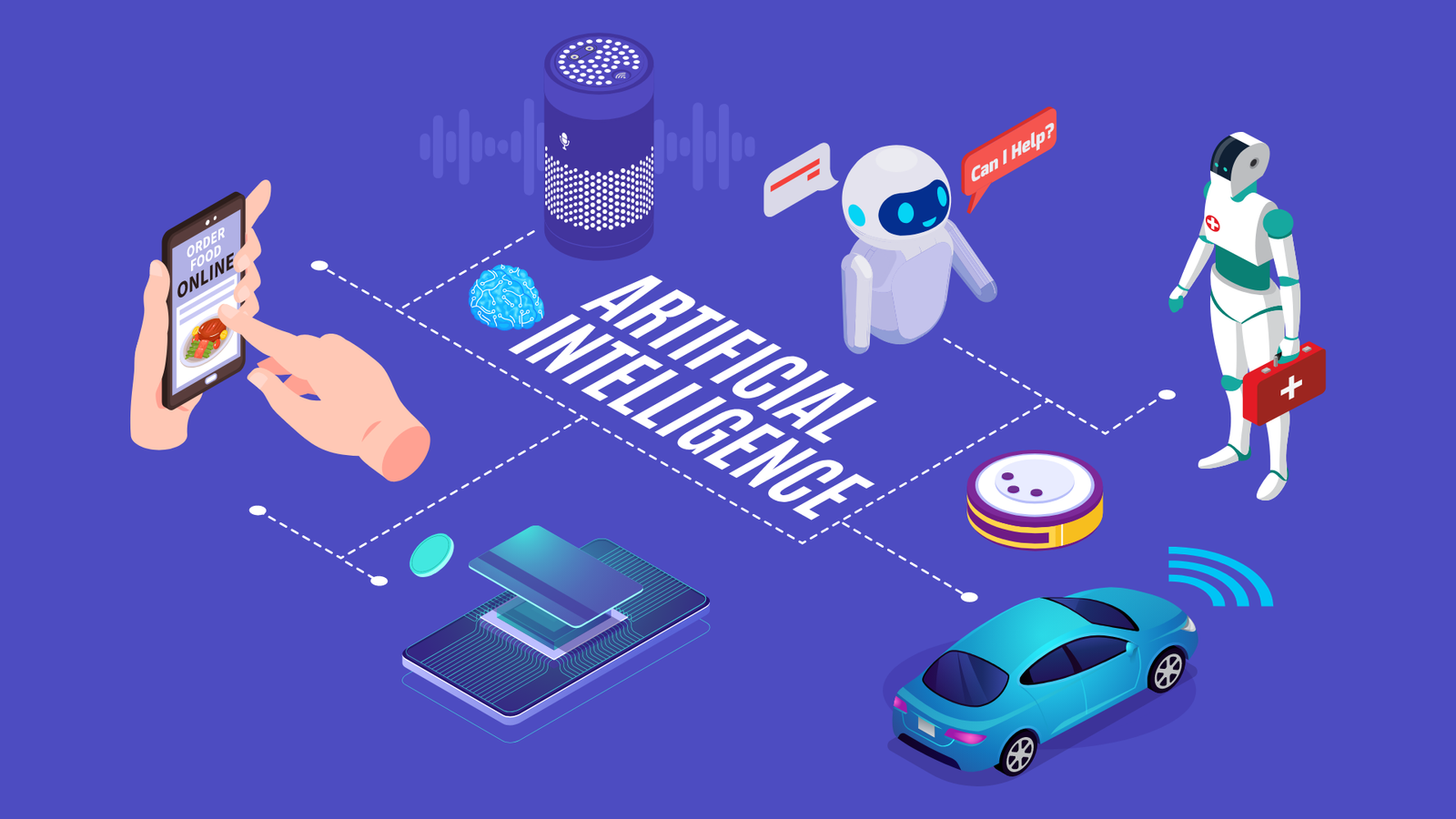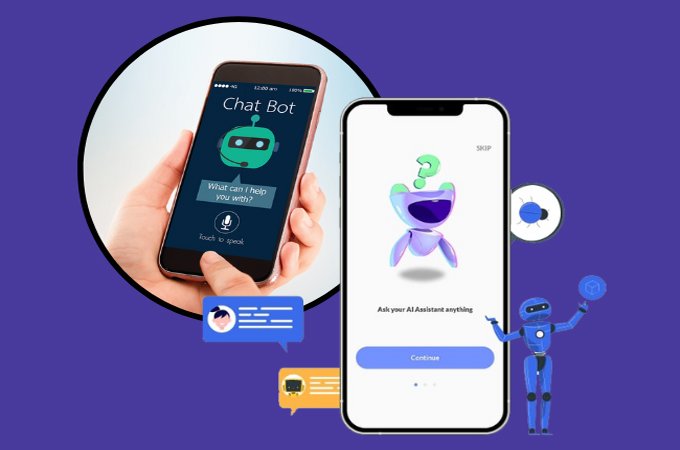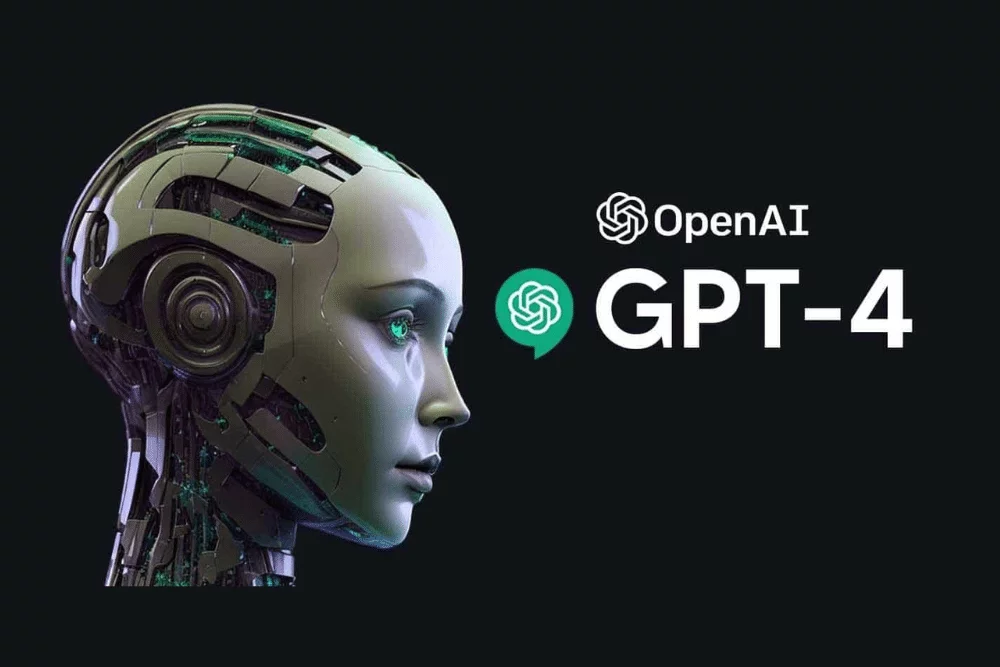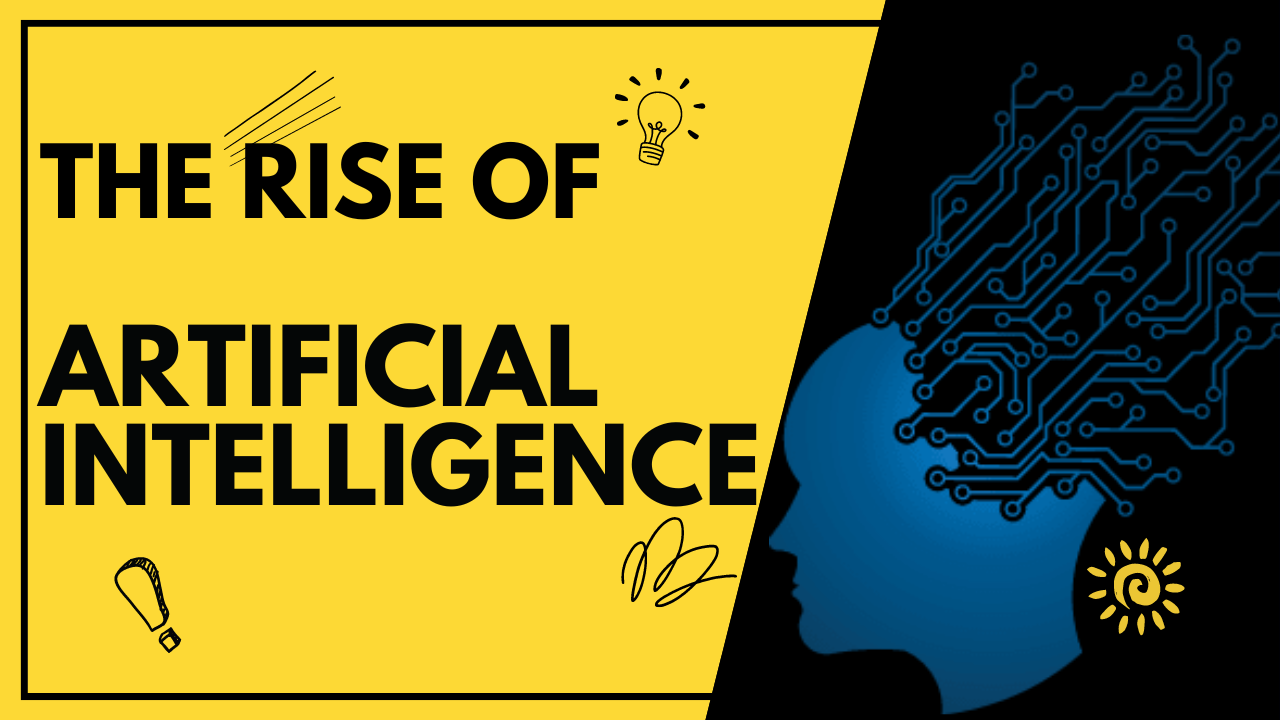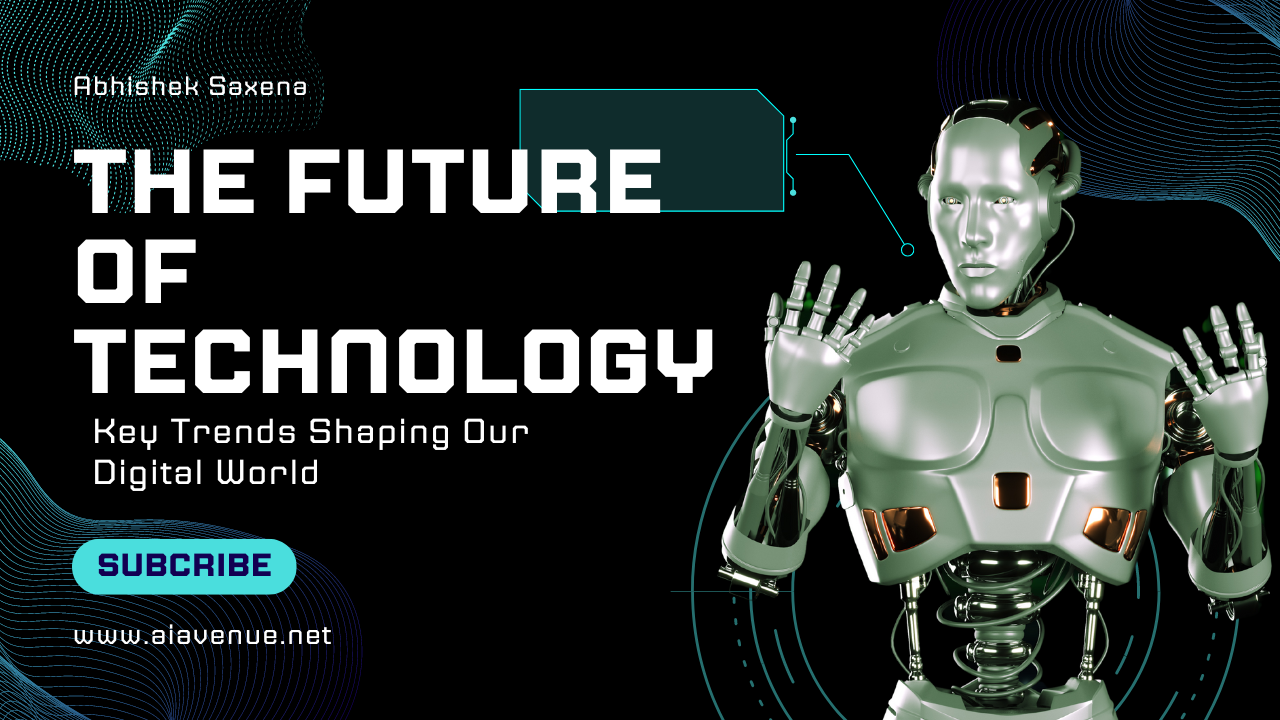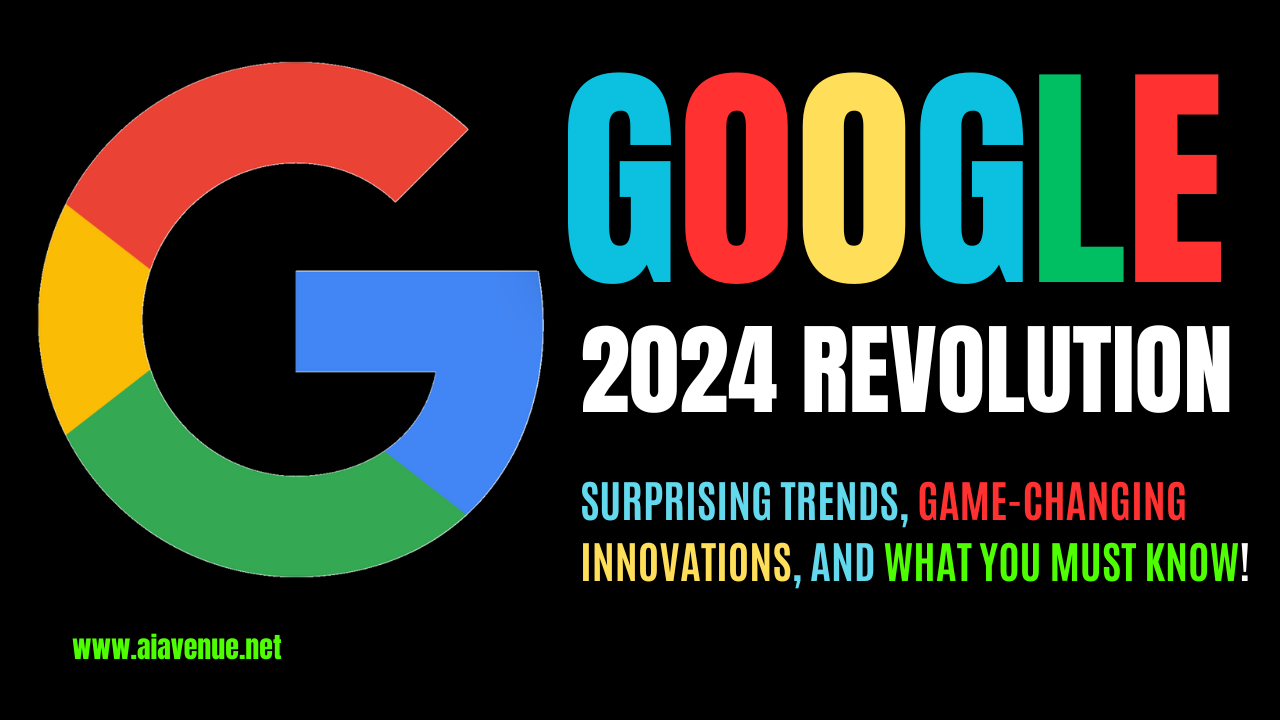Introduction
Artificial Intelligence (AI) is revolutionizing various aspects of our lives, from automating routine tasks to enhancing decision-making processes across industries. In this in-depth guide, we’ll unravel the complexities of AI, exploring its core concepts, applications, benefits, and the future of this transformative technology. Whether you’re new to AI or seeking to deepen your understanding, this article will provide valuable insights and knowledge to keep you informed and ahead of the curve.

What is Artificial Intelligence?
Artificial Intelligence refers to the simulation of human intelligence in machines designed to perform tasks that typically require human cognition. AI systems can learn from data, recognize patterns, and make decisions with minimal human intervention.
Key Components of AI:
- Machine Learning: A subset of AI that allows systems to learn and improve from experience without being explicitly programmed.
- Natural Language Processing (NLP): Enables machines to understand and interpret human language.
- Computer Vision: Allows machines to interpret and make decisions based on visual input.
- Robotics: The integration of AI to design and operate robots that can perform physical tasks.
For a deeper dive into AI, visit Stanford University’s AI Lab.
Applications of Artificial Intelligence
AI is applied across numerous fields, enhancing efficiency and innovation. Here are some prominent applications:
- Healthcare: AI aids in diagnosing diseases, personalizing treatment plans, and predicting patient outcomes. For instance, IBM Watson Health uses AI to analyze medical data.
- Finance: AI algorithms detect fraudulent activities, automate trading, and provide personalized financial advice. Goldman Sachs leverages AI for various financial services.
- Retail: AI enhances customer experiences through personalized recommendations, inventory management, and dynamic pricing. Amazon employs AI extensively in its retail operations.
- Transportation: Autonomous vehicles and route optimization are powered by AI technologies. Tesla’s Autopilot is a leading example of AI in transportation.
For more on AI applications, check out MIT Technology Review’s AI section.
Benefits of Artificial Intelligence
The integration of AI into various sectors offers numerous advantages:
- Increased Efficiency: AI automates repetitive tasks, allowing human workers to focus on more complex activities.
- Enhanced Accuracy: AI systems can analyze vast amounts of data with high precision, reducing errors.
- Cost Savings: By automating processes and improving operational efficiencies, AI can lead to significant cost reductions.
- Personalization: AI enables tailored experiences and recommendations, improving user satisfaction.
Explore how AI benefits industries at Forbes’ AI page.
Challenges and Ethical Considerations
Despite its benefits, AI poses several challenges and ethical concerns:
- Data Privacy: The use of AI requires handling large amounts of personal data, raising concerns about privacy and security.
- Bias and Fairness: AI systems can perpetuate existing biases present in the training data, leading to unfair outcomes.
- Job Displacement: Automation powered by AI may result in job losses in certain sectors.
- Accountability: Determining liability for decisions made by AI systems can be complex.
Learn more about AI ethics at The Partnership on AI.
The Future of Artificial Intelligence
The future of AI promises continued advancements and innovations:
- General AI: Research is ongoing to develop AI that can perform a wide range of tasks at human-like levels, known as Artificial General Intelligence (AGI).
- Explainable AI: Efforts are being made to create AI systems whose decisions and processes are transparent and understandable to humans.
- AI in Everyday Life: AI will increasingly integrate into daily activities, from smart homes to personalized healthcare.
For insights into AI’s future, read Gartner’s AI Research.





